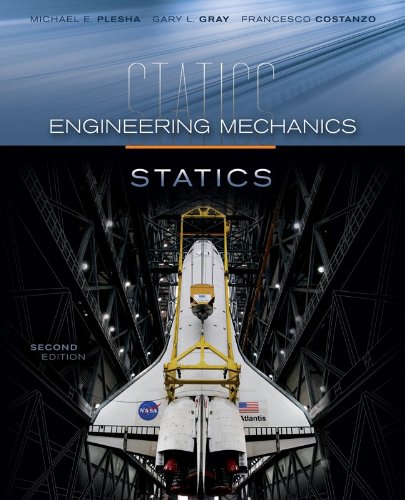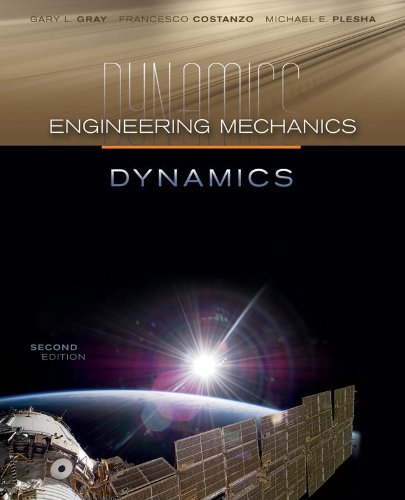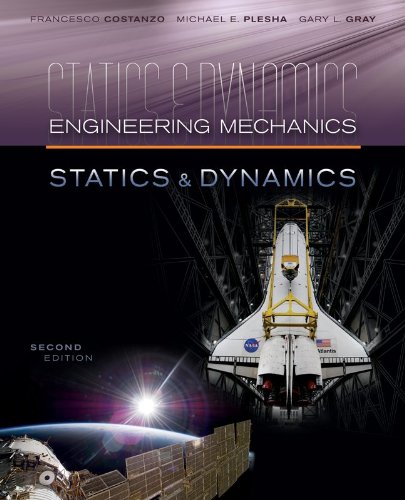
Francesco Costanzo, Ph.D.
Email: fmcostanzo@psu.edu
Download CV
Teaching Philosophy
Professor Costanzo strongly believes that a good research program must be sustained by a companion strong effort in educating students both at the undergraduate and graduate level.
Prof. Costanzo has been actively involved in education from the start of his career and has received various grants for the improvement of engineering education, with sponsorships by the US National Science Foundation and General Electric among them.
His involvement in education reform has earned him several awards, including the 1999 American Society of Engineering Education Outstanding New Mechanics Educator Award the 2007 Penn State Engineering Society Premier Teaching Award.


